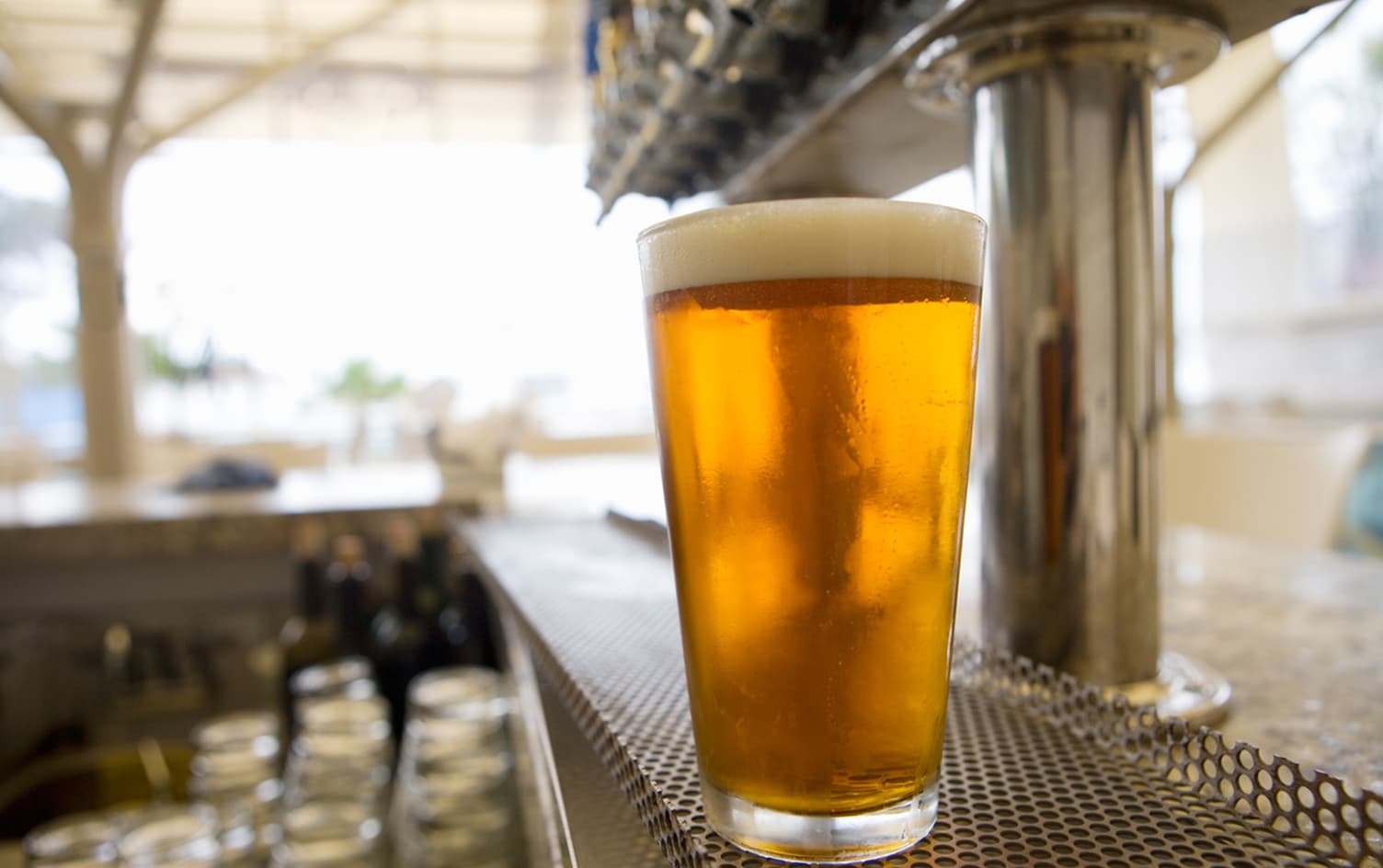At many finish lines, you will find something that many runners, cyclists and triathletes say is the reason they are racing in the first place: beer. While it’s completely understandable to want — and feel like you deserve — a cold one after a race, is it really a good recovery drink? It’s worth taking a moment to investigate the effects of alcohol to determine whether this is a good idea after all.
EXERCISE RECOVERY EXPLAINED
Before discussing beer’s effects on recovery, it’s important to understand what’s going on in your body during recovery. Many different physiological and metabolic factors come into play, including:
- Energy balance: The body needs energy in the form of calories to fuel its many functions. Think of it as a supply versus demand of energy. Calories are burned during exercise and must be replenished to provide your body the necessary fuel required for the recovery process.
- Hydration: About 60% of the body is composed of water, which plays a crucial role in hundreds of metabolic processes. Water is lost through sweat, so it needs to be replaced in order to maintain fluid balance. This balance is specifically important to recovery because the body needs adequate water to aid in blood and nutrient circulation, waste removal, joint lubrication and temperature regulation.
- Electrolyte balance: Electrolytes regulate how and where fluids are distributed throughout the body. Sodium and potassium in particular make sure water stays where it is supposed to (at a cellular level) and ensures muscles and nerves fire properly. Electrolytes are lost through sweat, so it’s important to replenish them to achieve adequate recovery.
- Inflammation: Inflammation removes cellular debris (the by-product of normal metabolism and exercise) from the site of damage to initiate repair, but it can also cause muscle soreness after a hard or intense workout. If inflammation is high after a workout, it can impair the quality of future workouts and increase injury risk by altering normal movement patterns. If you continue to exercise without resolving inflammation, it can lead to tissue damage and chronic inflammation. To prevent these issues, it’s crucial that post-workout inflammation is resolved quickly, through adequate rest, stretching and, most certainly, nutrition.
- Brain Function: Recent research is finding that exercise has a profound impact on brain health, going as far as saying that it remodels neurons during recovery to improve mental, emotional and physical health. Proper recovery helps ensure these important processes are not hindered.
HOW DOES BEER IMPACT RECOVERY?
Believe it or not, beer has some nutritional value in the form of antioxidants, B vitamins, electrolytes and carbohydrates. All of these attributes can play a role in recovery. Antioxidants help to reduce oxidative stress (which is induced by inflammation), B vitamins aid in metabolism functions, electrolytes assist in fluid balance and proper cell function, and carbohydrates replenish energy.
However, there is also, of course, alcohol in beer. That alcohol is the controversial factor, due to the negative effects of heavy consumption. Alcohol can cause dehydration by increasing urine production and lead to injury by impairing judgment and balance. It can also slow exercise recovery by impairing blood flow, absorption of nutrients and protein utilization. When it comes to the brain benefits of exercise, heavy alcohol intake can prevent them — and, in some cases, cause harm.
On the other hand, some research has linked light-to-moderate alcohol consumption to a reduced risk for cardiovascular disease, but heavy intake has been linked to an increased risk of many diseases (e.g., cardiovascular disease, stroke, cirrhosis, liver disease, digestive issues, cancer and dementia). Due to the fact that there is more potential for harm than good, an individual who does not currently drink alcohol should not start — and beer is certainly not recommended as an ideal recovery drink for this reason as well.
NON-ALCOHOLIC BEER
If you really want to have a post-race beer, consider trying non-alcoholic beer.
Non-alcoholic beer begins as regular beer, but the alcohol is typically removed using heat. Both types of beer have similar nutrient profiles, but non-alcoholic beer has about half the calories and potassium. Due to its lower amount of alcohol (typically about 0.5% alcohol by volume), non-alcoholic beer provides the benefits of beer without the potential for alcohol’s negative effects.
Non-alcoholic beer has been studied as a recovery beverage, and it’s been found that it can aid in hydration and electrolyte balance while improving overall health for optimal recovery. Specifically, consuming non-alcoholic beer before exercise helped to maintain electrolyte homeostasis during exercise and had a similar rehydration effect to water when consumed after exercise. One study even showed that drinking non-alcoholic beer after a marathon led to reduced post-race inflammation and improved the immune systems of the runners.
Non-alcoholic beer may not sound very enticing, but research (yes, research) has found that biases against it may be all mental. In fact, a 2016 study showed that bar patrons equally liked regular beer and non-alcoholic beer labeled as regular beer.
THE FINAL WORD
Having one, low-alcohol beer after a grueling race may not necessarily be detrimental to your recovery, health or long-term performance, but it’s probably not going to help either. As in life, definitely avoid binge drinking after races because we know that’s not good for your body. While it may be beer blasphemy to say this, consider non-alcoholic beer after runs if it’s really important to you. When you do choose a brewski, make sure you are also drinking water and eating, too, to better aid your body’s recovery.
Written with help from Devyn Chadwell, MS, RD




